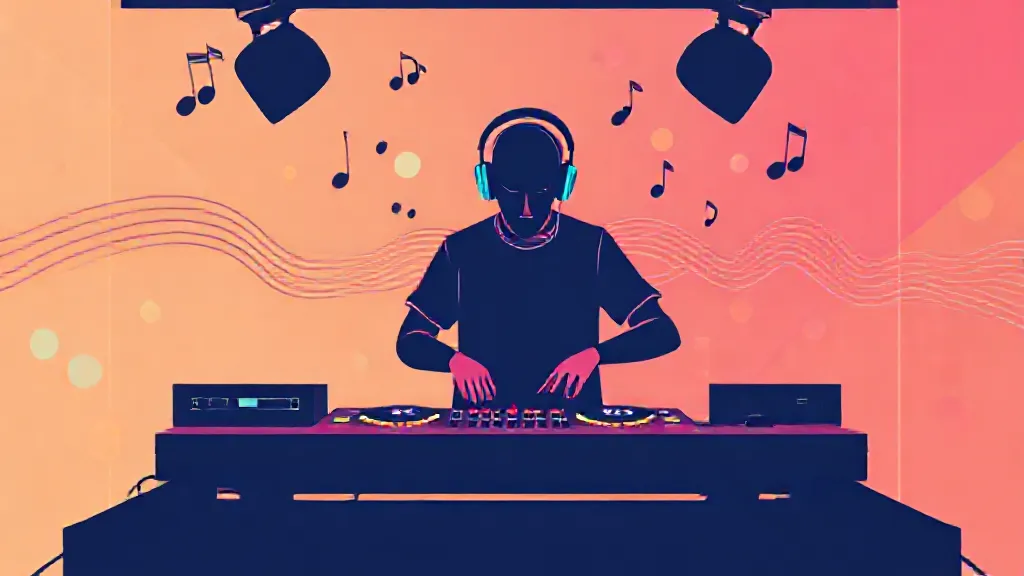In the digital age, remixes have emerged as a powerful force in the music industry, reshaping how artists create, distribute, and monetize their work. A remix is not merely a reworking of an original song; it is a cultural phenomenon that reflects the evolving landscape of music consumption and production. This article delves into the reasons behind the rise of remixes, their impact on the industry, and their significance in contemporary music culture.
The Evolution of Remixes in Music History
The concept of remixing dates back to the late 1960s and early 1970s when DJs began to manipulate tracks to create new versions of popular songs, particularly in the realms of reggae and disco. However, it wasn't until the advent of hip-hop in the 1980s that remixing truly gained traction. Artists like Grandmaster Flash and DJ Kool Herc pioneered techniques that laid the groundwork for future generations.
The 1990s saw the rise of electronic dance music (EDM), where remixes became a staple, allowing producers to reinterpret tracks for club environments. This historical context is crucial to understanding the remix's current significance in the music industry.
The Role of Technology in Remixing
Advancements in technology have played a vital role in the evolution of remixes.
The rise of digital audio workstations (DAWs) like Ableton Live and FL Studio has democratized music production, allowing aspiring artists and producers to create high-quality remixes from the comfort of their homes. Additionally, platforms such as SoundCloud and YouTube have provided artists with a space to share their remixes, reaching global audiences without the need for traditional record labels. This accessibility has led to an explosion of creativity and diversity in music, as artists can experiment with different styles and genres.
Cultural Significance of Remixes
Remixes often serve as a bridge between different musical genres and cultures. By reinterpreting a song, artists can introduce listeners to new sounds and styles, fostering a sense of community and collaboration. For example, the remix of Lil Nas X's "Old Town Road" featuring Billy Ray Cyrus not only blended country and hip-hop but also sparked conversations about genre boundaries and cultural appropriation.
This blending of genres has become a hallmark of modern music, with remixes playing a crucial role in expanding the musical landscape.
Commercial Implications of Remixes
From a commercial perspective, remixes can significantly boost an artist's visibility and revenue. A well-executed remix can revitalize a song's popularity, leading to increased streaming numbers and sales.
For instance, the remix of The Weeknd's "Blinding Lights" featuring various artists has garnered millions of views and streams, showcasing how remixes can breathe new life into a track. Moreover, remixes often lead to collaborations that can enhance an artist's brand and reach new audiences, ultimately driving sales and concert attendance.
Legal and Ethical Considerations in Remix Culture
While remixes offer numerous benefits, they also raise important legal and ethical questions.
Copyright issues can arise when artists use samples or elements from original tracks without permission. The music industry has seen high-profile cases involving disputes over remix rights, leading to a complex legal landscape. As the popularity of remixes continues to grow, it is essential for artists and producers to navigate these challenges while respecting the original creators' rights.
The Future of Remixes in the Music Industry
Looking ahead, the role of remixes in the music industry is likely to expand further. As virtual reality and augmented reality technologies emerge, the potential for interactive remixes could revolutionize how audiences experience music. Artists may create immersive remix experiences that allow listeners to engage with their favorite tracks in novel ways.
Additionally, the rise of artificial intelligence in music production may lead to new forms of remixing, where algorithms generate unique interpretations of songs, pushing the boundaries of creativity.
Conclusion: Embracing the Remix Revolution
In conclusion, remixes are transforming the music industry by reshaping how artists create, distribute, and engage with their audiences. They serve as a testament to the power of collaboration, innovation, and cultural exchange in music.
As technology continues to evolve, the remix will undoubtedly play an increasingly vital role in shaping the future of music, inviting both artists and listeners to embrace the ever-changing landscape of sound.
